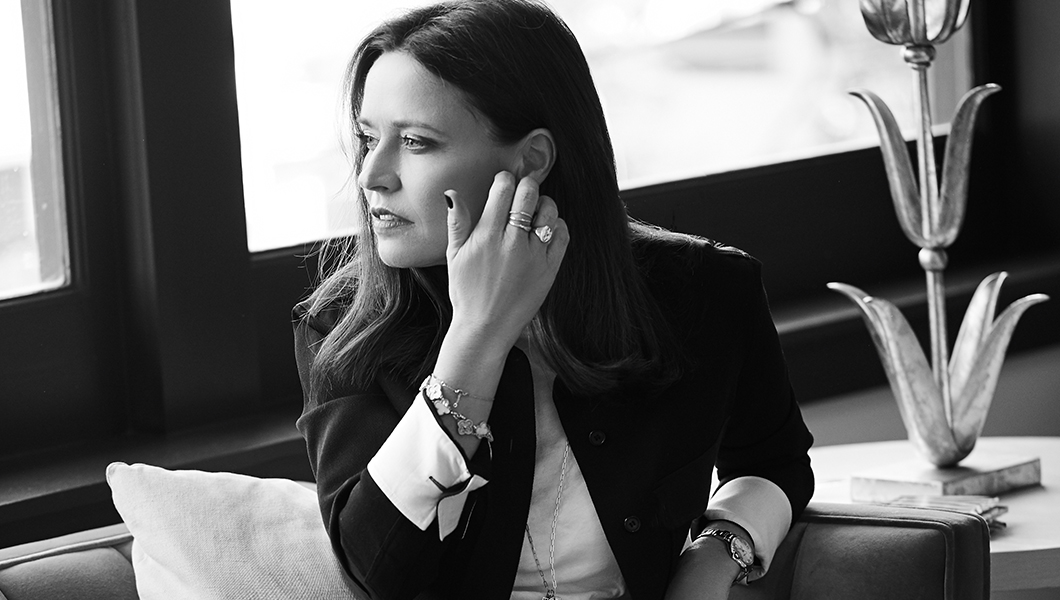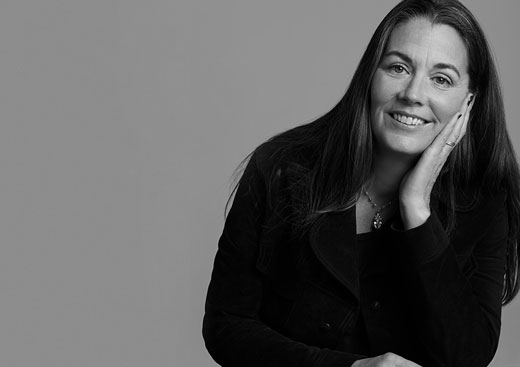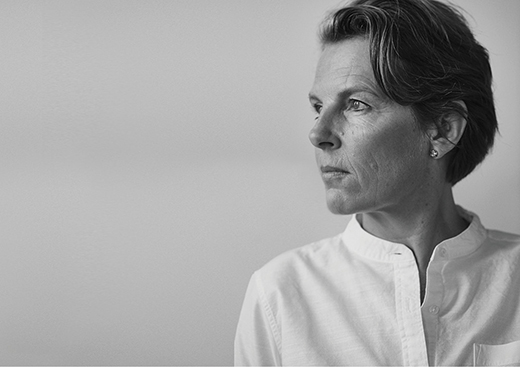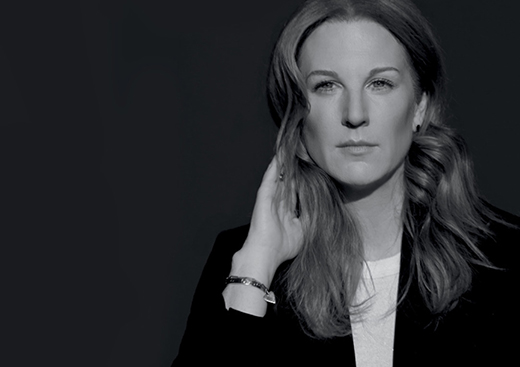It’s uncommon to find women in the field of venture capital. How uncommon? As Kirsten Green recalls it, when she started her VC fund Forerunner just eight years ago, just the fact that there were three women running the firm was enough to garner headlines in the tech world, where even in 2016 a staggering 93 percent of partners at the 100 top VC firms were men. “I didn’t really have an intention of being all-female anything,” says Green on the phone from her office in San Francisco. “That wasn’t what I wanted to be associated with.”
Green—who has lived in the Bay Area her whole life except for her undergraduate years at UCLA—hadn’t hired the other two women on her team because of their gender. “When people would talk about the female thing, I would push back pretty hard and say, ‘Listen, I find the best person I can find right now,’ ” she says.
Segue to today: The headlines about Green aren’t about that she’s a woman. They come down to the fact that her company, which focuses its early-stage funding almost exclusively in the e-commerce sphere, has had one of Silicon Valley’s hottest investment streaks. Her prescient picks include two unicorns (i.e., startup companies that go on to be valued at more than $1 billion): Dollar Shave Club and Jet.com. Last year, research firm CB Insights ranked Green the 12th most important venture capitalist in the world. Of note is that 40 percent of the companies Forerunner has invested in are founded by women, including Reese Witherspoon’s Draper James, beauty products site Glossier and activewear brand Outdoor Voices. Here, too, though, Green emphasizes that “I have never invested in a male or a female. We do not have any mandate to invest in any type of entrepreneur other than one who is going to be successful.”
She credits her success to being in tune with how the online marketplace is evolving. “We really believe that today’s customer values service, either better service or a new form of service. Such as right now we are seeing businesses come to us with much more thoughtful approaches to personalization on a mass scale,” says Green, who often sees online shopping sites thriving when they are entertaining as well as useful. “People like the art of the hunt and they like the satisfaction of the find. Having something that does feel like entertainment and not just transactional is increasingly important.”
But while her firm engages in traditional analysis, due diligence and research, a good idea and business plan is rarely enough. Green—whose firm gets pitched about 1,800 companies a year and invests in less than one percent of those—feels passionately that she’s investing not just in companies but in people too. A new company needs a strong founder. “You know it when you meet somebody—it’s in their bones. There’s this kind of spark. It’s their everything project. Because one general premise is, it’s gonna take an extraordinary amount of resources and buy-in to get something off the ground and scale it,” she says, cautioning would-be founders: “It most likely will be harder than you think.”
Green is not enthusiastic about the idea of getting a degree in entrepreneurship. “I think people have been a bit confused about that. You’ve got people studying entrepreneurship as a major and coming out of school and thinking it’s a career. It’s not. It really is a calling.” She characterizes the types of proposals she’s most likely to reject as having “very general rudimentary criteria, like there’s going to be some kind of shift happening in a big market, where there is new technology advancing it or opportunity or lazy incumbents or a change in distribution strategy. They come in with kind of a manufactured idea along those lines,” says Green.
So did Green, who sold women’s clothing at Nordstrom when she was a teenager, feel she had a calling? Not early on, she readily admits. Act 1 of her career was working as a retail stock analyst. “I don’t think by nature I was particularly entrepreneurial to be honest with you. I was more on the safety end of the curve. I was pretty focused on having a secure job, knowing where my paycheck and health care were coming from. But over time I grew so passionate and convinced there was an opportunity that other people or firms weren’t addressing in this space.” So in 2003 she left her job, then worked as a consultant in the investing world before starting her firm in 2010.
Interestingly, Green decided she did want to start hiring based on gender in the last couple years. She’s added two male investment professionals to her team, which now numbers eight. “I’m always thinking, ‘What is the vantage point we don’t have’ and pretty quickly the answer became, ‘We don’t have a guy.’ It’s important to be really thoughtful about your team,” says Green. When it comes to new hires, “what we look for are great team players who have a passion, who know how to be both a follower and a leader. I’m a big believer that if you like what you are doing you have a better chance for success.”
At the same time, Green—who is married to a real estate entrepreneur and has two young children—also joined a new initiative to create a more welcome avenue for women in the VC world. Called Female Founder Office Hours (femalefounder.org), it creates a way for female entrepreneurs to get their business proposals seen by Silicon Valley’s powerhouse women. “We’re starting taking 40 slots to review pitches,” says Green, who sees the new group as partly inspired by the wave of sexual harassment revelations that are rocking the business world, including tech. “I think everybody is shocked by a lot of what they are reading and felt like they want to take some action. But as opposed to talking about all the bad behavior and the ways in which women have been held back over time, we said, let’s get together to build community amongst ourselves and shine a light.”
—





